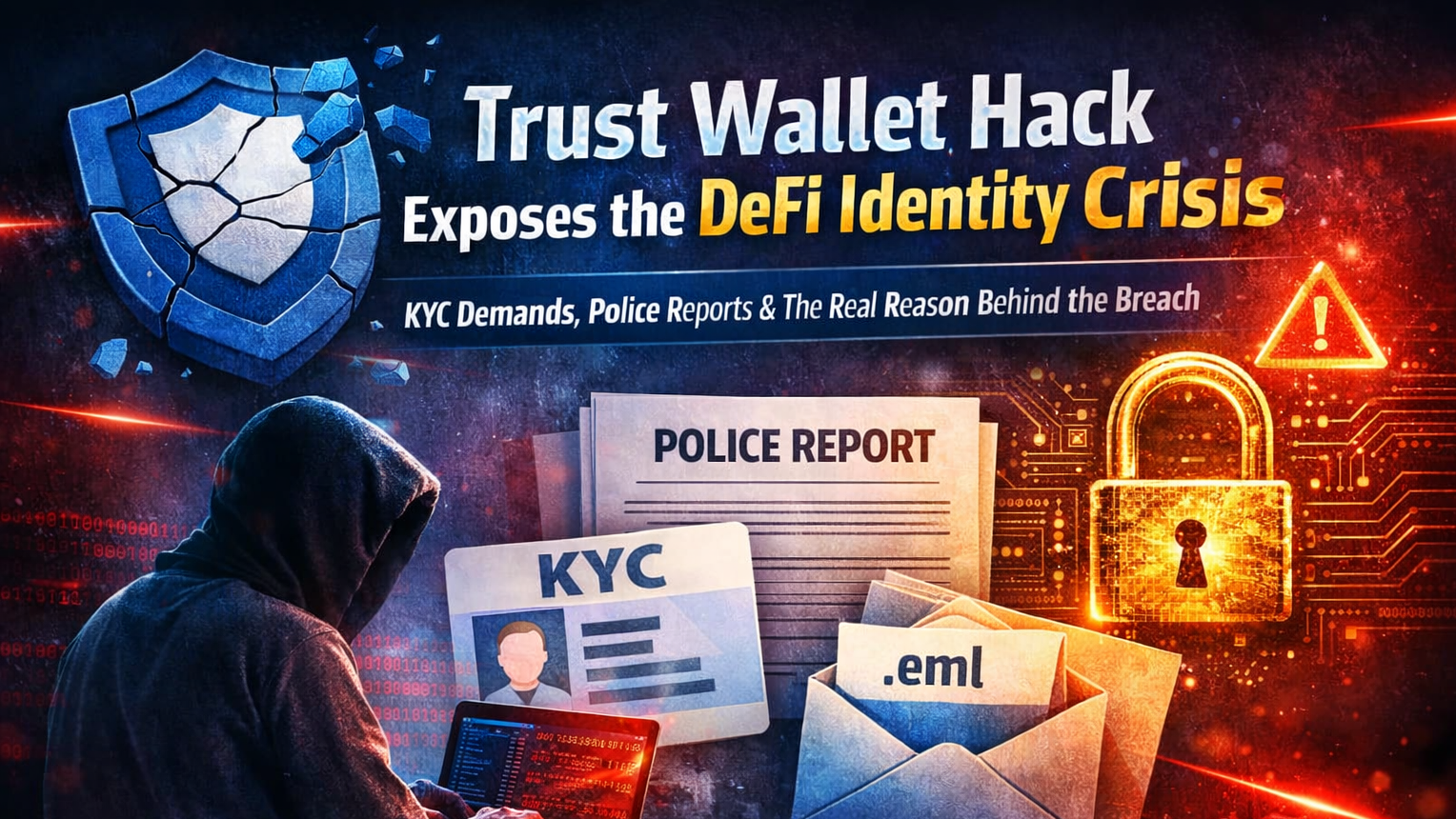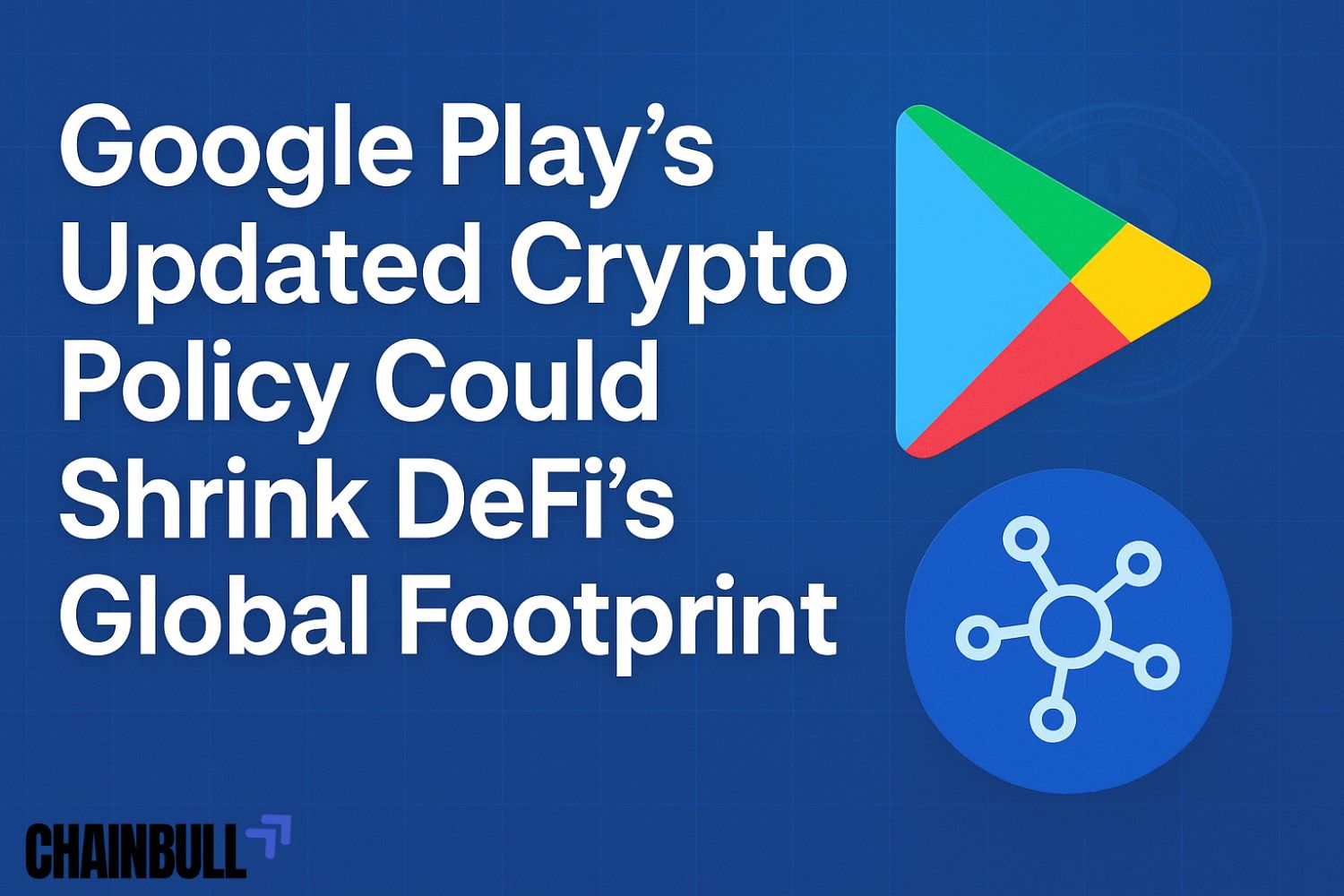

Google is redefining the map for cryptocurrency app distribution, and DeFi developers could eventually lose access to millions of potential users.
The tech giant has released tougher cryptocurrency policies for Google Play-listed apps in efforts to “boost transparency, protect user safety, and align with global regulations.” While the company argues the initiative is about consumer safety, the fine print has caused alarm in the decentralized finance community.
In the new system, which will come into effect in phases beginning later this year, crypto-based applications will have to comply with a list of more stringent criteria:
Though such measures are meant to deter fraud and abuse, in the view of critics, they also increase the barrier to entry for smaller and decentralized projects.
DeFi platforms succeed on permissionless access and borderless participation characteristics, often in conflict with licensing regulations varying from country to country. A bank in traditional finance may work on a region-by-region basis with local in-house compliance groups. But most DeFi applications are built on smart contracts and open protocols, and thus geographic limitations are both technically difficult and philosophically in conflict with their mission.
For example, a decentralized exchange app that’s legal in Switzerland but unlicensed in the U.S. could find itself geo-blocked entirely in the U.S. market. If repeated across other countries with strict crypto regimes, such as Japan, South Korea, or certain EU states, developers could lose access to entire continents of users.
Cryptography experts and entrepreneurs are warning that this would solidify control over the industry’s access points.
“It’s not about being in compliance — it’s about gatekeeping,” commented one DeFi founder, who spoke on condition of anonymity. “The more we are subject to app-store curation, the further away from the decentralized, open beginnings of crypto we get.”
Others foresee developers moving their business to other app stores, most notably in Android’s more open environment, or prompting users to sideload the applications directly. Sideloading, though, has its share of risks, such as exposure to malware and friction in the user experience.
Others warn that smaller teams do not have the resources for international and domestic law and compliance with managing multi-state licensing, and thus have to shut down mobile ventures or consolidate with centralized agents.
Google’s decision is not being taken in a vacuum. Global regulators from the U.S. Securities and Exchange Commission to the European Union’s Markets in Crypto-Assets Regulation (MiCA) are increasing controls over virtual assets.
Industry observers are wondering if this may precede global app store policies in concert with one another. Should Apple mirror such measures for the App Store, crypto developers may receive a one-two combination punch, with little in the way of meaningful mobile distribution routes remaining for them.
Though Google has yet to announce a specific enforcement date, the gradual implementation may come in months. That gives DeFi groups a small window of opportunity to comply or face the risk of losing access to the globe’s biggest mobile app store.
With the decentralized and global-focused nature of the sector, the months ahead may become a test of adaptability. Whether the DeFi coders see this as a hurdle to break down or a mountain upon which they cannot climb may become the future of crypto’s mobile future.
Enter your email → Get instant download.
